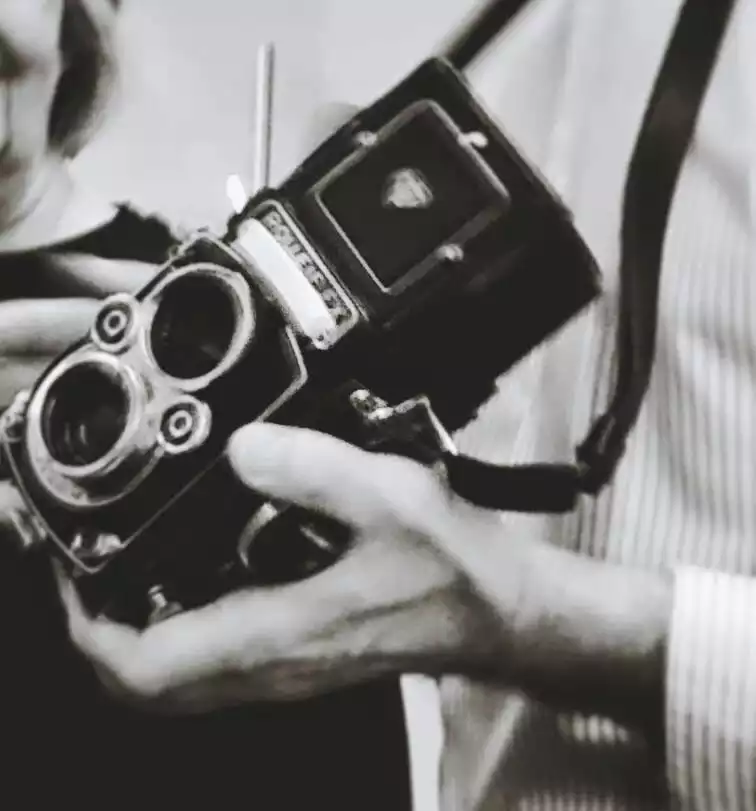
April had Princeton denizens looking backward and forward at the same time. Record Store Day celebrated musical sound recordings on vinyl, Earth Day 2017 revived and took on a campaign for environmental and climate literacy and the March for Science commandeered Hinds Plaza and gained momentum as more than 2,000 people rallied and marched to Monument Hall. I’m reminded of the term “retronym,” used to describe the retooling and modifying of an old noun to suit changing contexts in society and the world.
Retronym was defined in the Unabridged American Heritage Dictionary (Fourth Edition, 2000, reissued in 2006) as “a word or phrase created because an existing term that was once used alone needs to be distinguished from a term referring to a new development.” Some quick research shows that the term can be credited to Frank Mankiewicz, President of National Public Radio, in 1980. His example is close to our collective Princeton Public Library hearts: the retronym, “hardcover book,” which was originally a plain “book” until “softcover books” (originally called “paperback”) came along. The marketplace for paperbacks, as softcover books, was noted to have spawned a version the size of a hardcover but with a soft cover trade-named with the retronym “trade paperback.” Noun and modifier evolved into book terms we commonly use today to describe volumes in the library’s collection.
In my time at Princeton Public Library, the evolution of publishing has brought widespread acceptance of digital editions. So we’re making titles from our collections available online and accessible to cardholders 24 hours a day/ 7 days a week. We’ve added e-books and e-readers, downloadable audioboooks, streaming films and streaming music to our vocabulary. Our book, audiobook, film, and music collections (on the shelves) are in our brick-and-mortar library location. Our digital editions are in our online branch library. How many retronyms can you find in this paragraph? While we go to great and considered lengths to speak with plain language as library staffers, we’re guilty of gobbling up these handy new variations to describe our services and collections.
The flip side of digital-related retronyms add “analog” to the nouns describing objects once known simply, for example, “analog clock,” “analog watch,” “analog recording.”
Here are some more random retronyms I savor:
“live music” – before recorded music was published all music was live.
“forward slash” and “backward slash” – typewriters only had one type of slash (“/”), a combination of the unshifted key with the question mark. Electronic keyboards for computers added the backslash character (“\”) which was used for specifying directory paths, and which we use every day in our Web browsers’ navigation.
“natural language” and “human language” – a language, used by humans, that evolved naturally in human society. Contrast with computer programming languages or constructed languages.
“upright bicycle” – contrast with a “racing bicycle” or “road bike”, and a “recumbent bicycle,” which places the rider in a laid-back reclining position.
“two-parent family” “single-parent family” “blended family” “family unit” “contemporary families” – recognizing and giving names to diverse family structures.
In Upstream Mary Oliver writes, “I did not think of language as the means to self-description. I thought of it as the door — a thousand opening doors! — past myself. I thought of it as the means to notice, to contemplate, to praise, and, thus, to come into power.” Retronyms have a poetic power in their practicality. Once you start looking, you’ll be finding retronyms frequently. This fascinating tumbling of our evolving language helps us keep up with change in the world, as words that once meant just one thing require more modifers and we use creative invention to liken the new to the known.
Photo: Rolleiflex film camera (or analog camera) displayed here by photographer Oleg Moiseyenko
